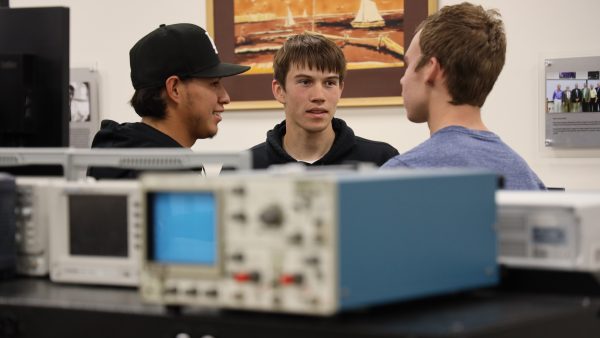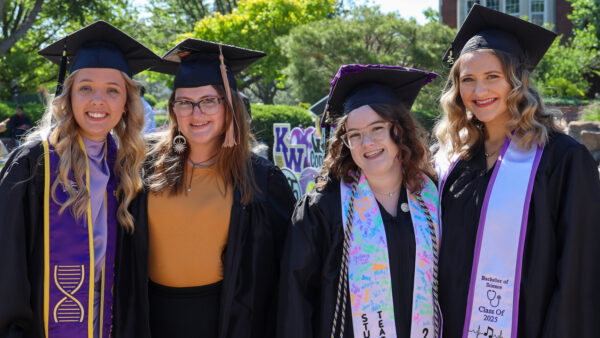Physics
Bachelor of Science (B.S.)
Learn the fundamental laws of physics, develop your passion for knowledge and innovation, and discover how to apply what you are learning. Physics is the study of how the world works. It is the science that seeks to understand the laws of nature, and the relationship between energy and matter. Physics encompasses the study of the universe from the largest galaxies and black holes to the smallest subatomic particles. It is the basis of many other sciences, including chemistry, oceanography, seismology and astronomy, and can be applied to biology or medical science.
Why study Physics at KWU?
Physics majors at KWU have the opportunity to study in small classes, allowing them to be known by the faculty members and receive individualized instruction and mentoring for their educational path and career choices. Students also have the opportunity to get involved in the Math and Physics Club, where they can acquire leadership skills and develop their networking abilities. You also have the added benefit of pursuing an engineering degree through KWU’s dual-degree partnership with Washington University!
What can you do with a Physics Degree?
Experience in physics teaches students how to analyze situations logically and with a problem-solving approach. Basic physics can be applied to most other fields of science.
Students with a physics degree have gone on to pursue graduate studies in:
- Physics
- Engineering
- Mathematics
- Medicine
- Law
- Education

This program is offered:
On Campus




